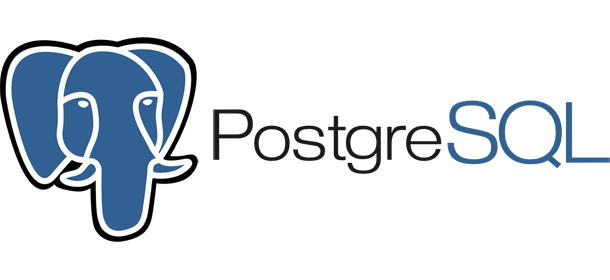What is PostgreSQL?

Hire Arrive
Technology
about 1 year ago
 PostgreSQL, often referred to as Postgres, is a powerful, open-source object-relational database management system (ORDBMS). It's known for its reliability, data integrity, and extensive features, making it a popular choice for a wide range of applications, from small websites to large-scale enterprise systems. Unlike some other database systems that prioritize speed above all else, PostgreSQL emphasizes both speed and adherence to the SQL standard, providing a robust and flexible solution for diverse data management needs.
PostgreSQL, often referred to as Postgres, is a powerful, open-source object-relational database management system (ORDBMS). It's known for its reliability, data integrity, and extensive features, making it a popular choice for a wide range of applications, from small websites to large-scale enterprise systems. Unlike some other database systems that prioritize speed above all else, PostgreSQL emphasizes both speed and adherence to the SQL standard, providing a robust and flexible solution for diverse data management needs.
Key Features and Advantages:
* SQL Compliance: PostgreSQL adheres strictly to the ANSI SQL standard, ensuring compatibility and portability across different database systems. This makes it easier to migrate databases and leverage existing SQL skills. * Data Integrity: PostgreSQL offers strong data integrity features, including constraints, triggers, and stored procedures, to ensure data accuracy and consistency. This reduces errors and improves data reliability. * Extensibility: It boasts a rich ecosystem of extensions that add functionality without modifying the core database code. This allows developers to customize PostgreSQL to meet specific application requirements, adding support for things like JSON processing, full-text search, and geographic data. * Open Source and Free: Being open-source means the source code is freely available, fostering community involvement, continuous improvement, and cost-effectiveness. This contrasts with proprietary databases that often require licensing fees. * ACID Compliance: PostgreSQL adheres to ACID properties (Atomicity, Consistency, Isolation, Durability), guaranteeing reliable transactions even in the event of system failures. This is crucial for maintaining data integrity in applications requiring high reliability. * Scalability and Performance: PostgreSQL can handle large datasets and high transaction volumes effectively. Its performance can be further optimized through various configuration options and indexing techniques. * Advanced Data Types: Beyond standard data types, PostgreSQL supports advanced types such as arrays, JSON, and geometric data, providing flexibility in handling diverse data structures. * Security: Robust security features include role-based access control, encryption, and auditing capabilities, ensuring data protection and compliance with security standards.
Who Uses PostgreSQL?
PostgreSQL's versatility makes it suitable for a wide array of applications, including:
* Web Applications: Powering the backend databases for websites and web services. * Enterprise Applications: Managing critical data for large organizations. * Data Warehousing and Business Intelligence: Storing and analyzing large volumes of data for reporting and decision-making. * Geographic Information Systems (GIS): Handling spatial data and performing geographic analysis. * Scientific and Research Applications: Managing and analyzing complex scientific datasets.
Comparison to Other Databases:
While PostgreSQL competes with other database systems like MySQL, Oracle, and MongoDB, its focus on standards compliance, advanced features, and robustness makes it a strong contender, particularly for applications requiring high data integrity and complex data models. The choice often depends on specific project requirements and priorities.
Conclusion:
PostgreSQL is a mature, powerful, and versatile open-source database system that offers a compelling combination of features, performance, and reliability. Its adherence to SQL standards, robust data integrity mechanisms, and extensive extensibility make it a highly valuable tool for developers and organizations across various sectors. If you need a robust and reliable database solution, PostgreSQL is definitely worth considering.